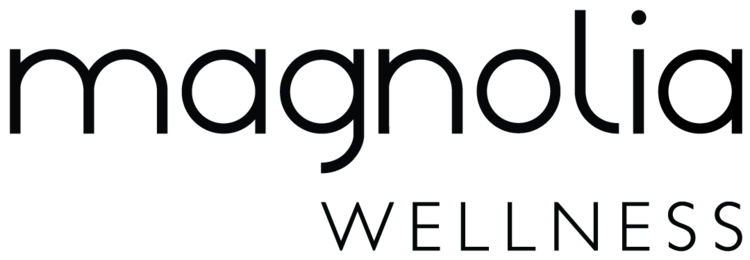Balancing Hormones, Part 4: Postpartum
In the final entry of this four part series, our naturopathic practitioner Dr. Allison Wills discusses postpartum tips and support.
Physical and emotional changes after pregnancy are very common and can be trickier to tackle than typical imbalances because of the sudden shift in hormones and nutritional demands, as well as a rise in some bonding hormones such as oxytocin. Below are some ways to help support your well-being during the postpartum period
Tips to Balance:
-Nettle Tea is a great tonifying and restorative tea that contains key nutrients for postpartum moms including calcium, iron and folate.
-Lavender essential oil can be great to calm anxiety and stress. Try inhaling or spritzing some on your pillow before bed or while breastfeeding.
-Breastfeeding can help to encourage maternal bonding and decrease anxiety. It can also help shed the baby weight! If you find breastfeeding challenging, as many new moms do, a lactation consultant can be very helpful!
-Check your iron levels after pregnancy. Often, women will stop taking their iron supplements after pregnancy, but with the blood loss that can occur with childbirth, many moms need the continued support. Work with a Naturopathic Doctor to determine how much iron you need, and the best form to avoid constipation. Maintaining adequate hormone levels have been shown to decrease the risk of postpartum depression and help to manage postpartum hair loss.
-Vitamin D, like iron, has been associated with postpartum depression and depression in general. Your baby will get their Vitamin D through breast milk so it is important to ensure proper levels to support both your health and your child’s health.
-Test your hormones. During pregnancy, progesterone is produced at high levels. Progesterone decreases almost immediately after birth and will remain low until your first menstrual cycle. This can create a bit of an imbalance and is a culprit behind postpartum depression. Thyroid conditions can also be triggered by the hormonal shifts that occur with pregnancy. Thyroid conditions make postpartum fatigue, depression and hair loss worse so it is important to maintain optimal thyroid hormone levels during this time.
-Nourish your adrenals. Your adrenals go through a lot after creating life and giving birth. After giving birth, most new mothers will produce lots of adrenalin to keep them going which can lead to adrenal fatigue if not properly managed. Consider taking a B-complex supplement and adaptogens, under your doctor’s guidance, to nourish your adrenals.
-Try acupuncture. Acupuncture is specifically helpful in dealing with postpartum blues, anxiety, and fatigue. It can also be a great time to get some extra rest in!
Missed the first three posts of this series? Catch up here:
Part 1: Getting off the Pill
Part 2: Preconception
Part 3: Pregnancy
We hope you enjoyed reading up on how to balance hormones pre and post childbirth. We have more education + tips in store for you - stay tuned, friends!
Dr. Allison Wills
Dr. Allison Wills is a board certified, California licensed naturopathic doctor, licensed acupuncturist and a certified nutrition specialist®. Dr. Wills completed her doctorate and medical education at National University of Health Sciences in Chicago, Illinois. She also holds a Masters of Science in acupuncture and traditional Chinese medicine, and a Bachelors of Science in kinesiology and nutrition.
Dr. Wills is a member of the Endocrinology Association of Naturopathic Physicians, California Naturopathic Doctors Association and the American Association of Naturopathic Physicians. She is also a registered yoga teacher.
As a doctor trained in Naturopathic, Eastern and Western medicine, Dr. Wills has the ability to incorporate a variety of effective integrative and holistic therapies to create a plan that is right for you and your individual health goals. Her expertise includes women’s health, fertility, weight management, acne, eczema, diabetes, high cholesterol, and hypothyroidism.


